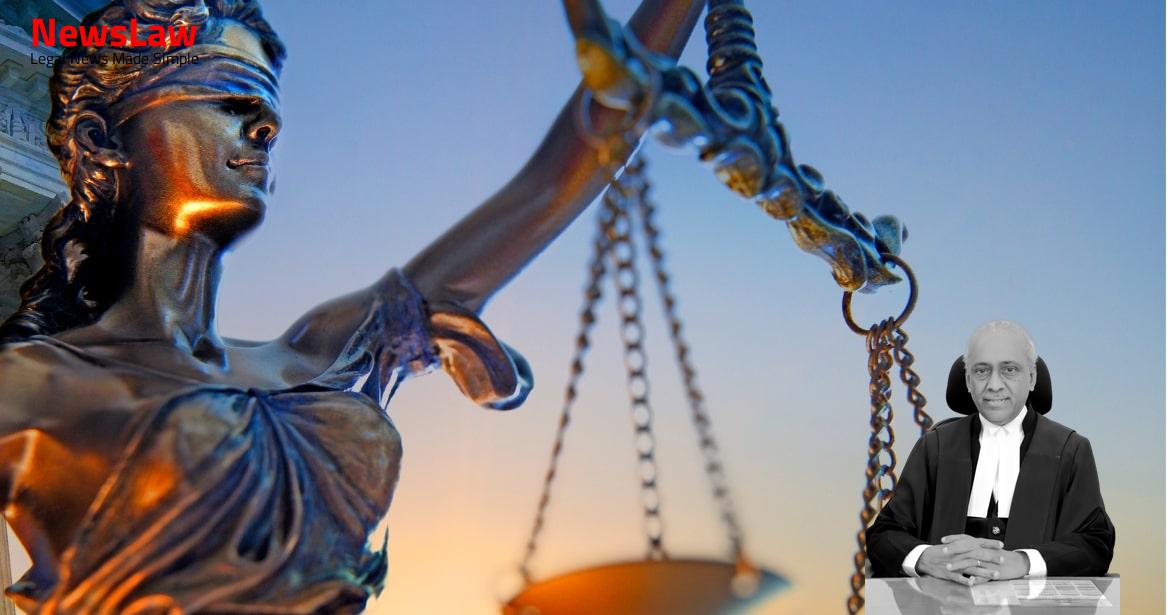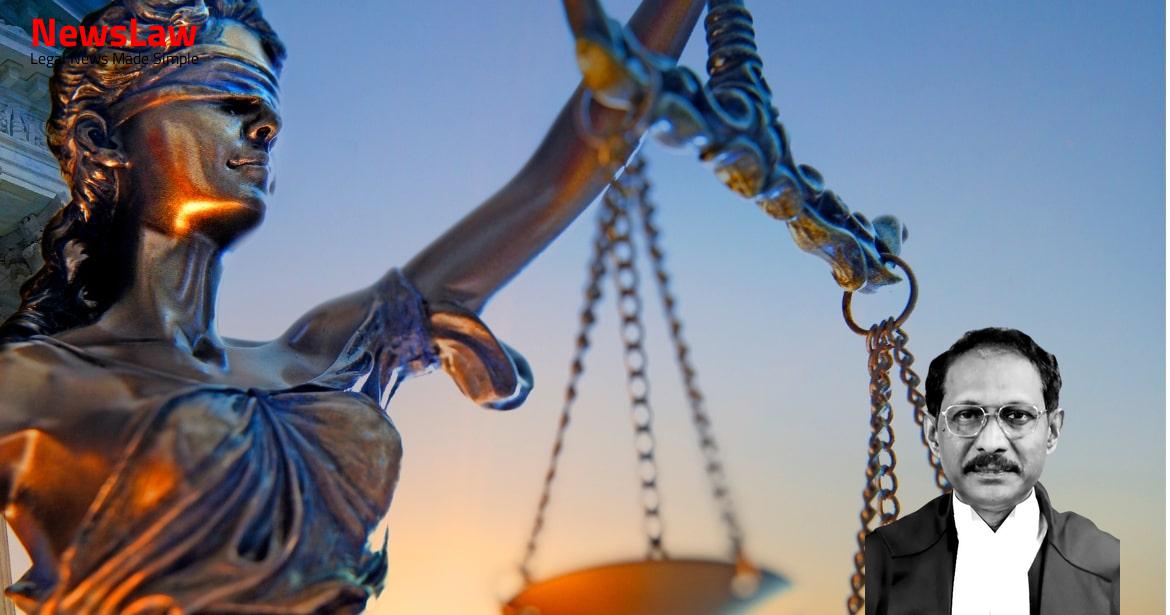The court’s legal analysis in a recent case reflects a significant shift towards a more liberal interpretation of dowry laws. Emphasizing the need to combat social evils, the court’s approach in interpreting the Dowry Act plays a crucial role in addressing grave offenses related to dowry demands. This blog delves into the nuanced legal analysis by the court, highlighting the implications of this shift towards a more liberal stance on the interpretation of dowry laws.
Facts
- The High Court acquitted the respondents of the offence under Section 304-B as the demand for money for construction of a house was not considered a dowry demand.
- Similarly, the offence under Section 306 IPC was not established against the respondents as there was no evidence of abetment in the deceased’s suicide.
- Respondent No. 2 was acquitted for the offence under Section 498-A related to cruelty towards the deceased.
- The conviction of respondent No. 1 under Section 498-A was maintained but the sentence was reduced to the period already served.
- Geeta Bai, who was five months pregnant, died due to burning according to the post-mortem examination.
- An FIR was lodged on April 23, 2002, after receiving information from the attending doctor.
- The trial court acquitted the mother-in-law and brother-in-law of the deceased but convicted the husband and father-in-law under Sections 304-B, 306, and 498-A IPC.
- The convicted husband and father-in-law were sentenced to rigorous imprisonment for life, seven years, and three years respectively.
- Geeta Bai committed suicide at her matrimonial home by setting herself on fire within four years of her marriage.
- She was admitted to the Community Health Centre in a burnt condition on April 20, 2002, and passed away the same day.
- The deceased, 18 years old, had married respondent No. 1 in a social marriage function in May 1998.
- Constant harassment and cruelty led to her suicide.
Also Read: Time as Essence of Contract in Sale Agreement: Legal Analysis
Arguments
- Appellant- State argues that the deceased was harassed by the respondents for money to construct a house and purchase a plot of land.
- Witness testimonies support the claim that the deceased complained of assault by the respondents for not bringing the demanded amount.
- The amount demanded for construction is argued to be treated as a dowry demand by the appellant.
- The harassment led to the deceased feeling fed up and committing suicide.
- The demand for money and subsequent suicide is considered abetment to suicide by the appellant.
- Appellant contends that the trial court’s conviction of the respondents for abetment to suicide was overturned in appeal erroneously.
Also Read: Retirement Age of PTI/Sports Officer in University
Analysis
- The evidence establishes that the deceased was pressured to request money from her family due to constant harassment by the respondents.
- The deceased, while pregnant and unable to meet repeated demands for money, immolated herself at her matrimonial home.
- The offense under Section 304-B (dowry death) is deemed to be made out in this case.
- The testimony of reliable witnesses supports the fact that the deceased was subjected to harassment for money and was asked to convey specific demands to her family.
- The High Court’s inference that the deceased’s request for money cannot be considered a dowry demand due to her involvement in it is incorrect, as the demand clearly falls within the definition of ‘dowry’.
- The trial court’s interpretation of the demands made by the respondents as dowry demands is deemed correct based on the evidence provided.
- The consistent harassment and demands for money by the respondents show the tragic circumstances that led to the deceased’s suicide.
- The circumstances surrounding the case indicate that the offense of demanding dowry is grave and falls under Section 304-B IPC
- The testimony of the deceased woman’s maternal uncle was found to be reliable and consistent with no credible evidence from the respondents to refute it
- The court emphasized the importance of interpreting the Dowry Act liberally to combat the social evil of dowry demands
- A shift in the judicial approach from strict to liberal and constricted to dilated is necessary when dealing with cases under Section 304-B IPC
- The Court rejected a previous ruling that had strictly interpreted the definition of dowry, opting for a broader interpretation
- The term ‘soon before’ in relation to events leading to the death of the woman should not be equated with ‘immediately before’
- Prosecution evidence, especially testimony of P.W.-1, supports conviction under Sections 304-B and 498-A IPC.
- Court agrees with trial Court analysis and upholds conviction of the respondents.
- High Court’s acquittal of the respondents for abetment to commit suicide under Section 306 IPC is maintained.
- Lack of conclusive evidence showing abetment by the respondents in deceased’s suicide led to this decision.
Decision
- The present appeal is partly allowed.
- Respondents to surrender before the trial Court within four weeks to undergo the remaining period of their sentence.
- Sentence imposed by trial Court of RI for life reduced to RI for seven years.
- Minimum sentence prescribed for an offence under Section 304-B IPC is seven years.
- Judgment of conviction and sentence under Section 304-B and Section 498-A IPC restored.
Case Title: THE STATE OF MADHYA PRADESH Vs. JOGENDRA . (2022 INSC 30)
Case Number: Crl.A. No.-000190-000190 / 2012



